Water Management in India
Synopsis
Water, the elixir of life, has taken today the centrestage all over the world. Since the 1992 International Conference on Water and the Environment in Dublin, there has been a great deal of intensive and serious thought at different levels about the limited availability populations grow and water use per person rises, demand for fresh water is soaring. Yet the supply of freshwater is finite and threatened by pollution. It is no longer possible to keep wasting and fouling our precious resource of fresh water. The apprehension of serious global scarcity of fresh water is causing a great concern and is being discussed at national / international seminars and conferences with a view to finding a solution of the problem – hence this book. In fact, as one of the Millennium Development Goals, by 2015 all UN member states have pledged to reduce by half the proportion of people without sustainable access to safe drinking water. However, drinking water is only a very insignificant amount of fresh water uses. The subject ‘water’ has a vast canvass and can cover a number of volumes if it is required to be dealt with in a comprehensive manner. We have, however, restricted ourselves to the salient aspects of water uses and water management, and the whole study has been compressed into 17 chapters, divided into 4 parts. Agriculture is no doubt the primary user of water. Although water requirements in all the sectors – agriculture, domestic, industry, etc. are going to increase, but their proportionate share in each of the subsector is going to change drastically in India and water conservation in all its uses is thus the real focus of the study. The study will be useful for researchers and students, administrators, policy makers and all those who are interested in the subject.
Read more
38.70
34.83
$
43.00 $
Free delivery Wolrdwidе in 10-18 days
Ships in 1-2 days from New Delhi
Membership for 1 Year $35.00
Get it now and save 10%
Get it now and save 10%
BECOME A MEMBER
Similar items

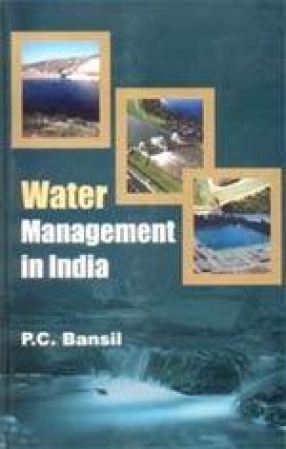
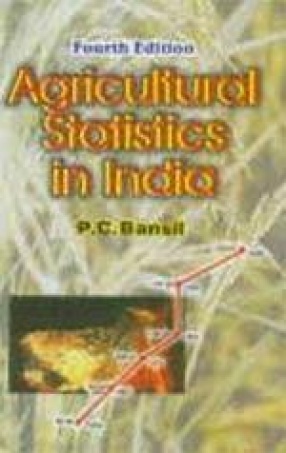

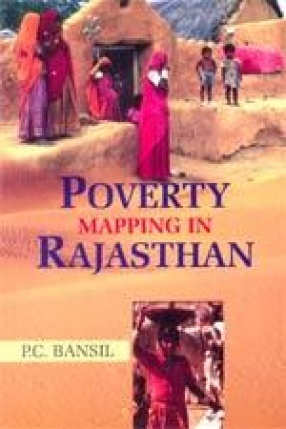
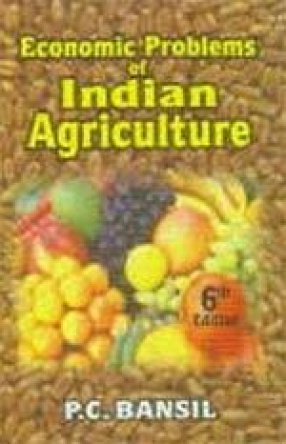

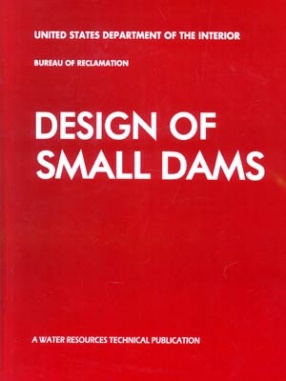

Bibliographic information